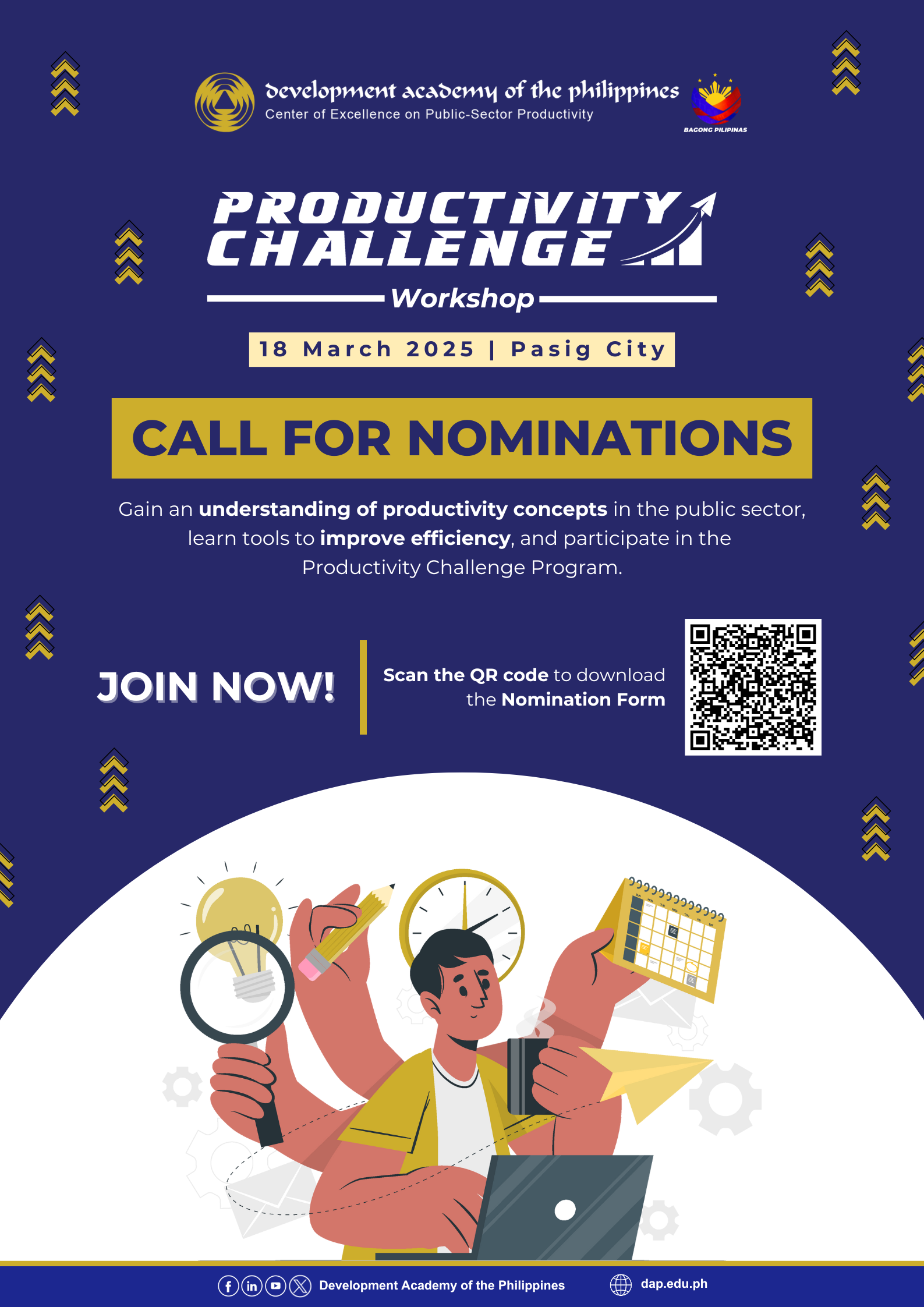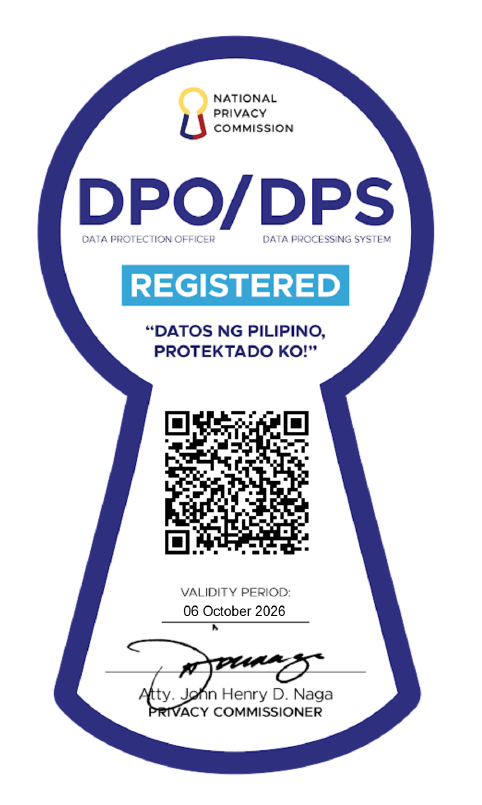A study by the Development Academy of the Philippines’ (DAP) Center for Governance (CFG) identified seven policy agenda areas that the Ministry of Agriculture, Fisheries and Agrarian Reform may pursue under the Bangsamoro Autonomous Region in Muslim Mindanao (BARMM). This was disclosed by Director Gilbert Lumantao during the presentation of the key findings and recommendations of the study Implications of the Bangsamoro Organic Law (BOL) in the agriculture and fisheries sector to Deputy Executive Director Alexander Daroya and other key officers and committee focal persons of the Philippine Council for Agriculture and Fisheries (PCAF) last June 4 at the PCAF Apacible Hall, Department of Agriculture Compound in Quezon City.
According to Mr. Lumantao, the seven possible policy agenda areas include: (i) Governance; (ii) Human Capital Development; (iii) Trade and Commerce; (iv) Research and Development; (v) Climate Change Adaptation and Disaster Risk Reduction Management; (vi) Marine Sustainability, Conservation and Protection; and (vii) Land Management.
The PCAF commissioned the DAP to conduct this policy research study in light of the passage of the BOL. The study aimed to identify issues and challenges of the agriculture and fisheries sector in the BARMM, opportunities and risks for the sector brought about by the BOL, and prospective policy areas and concerns for the agriculture and fisheries sector, from which an agenda for institution-building can be developed.
The DAP research team conducted activities such as desk review and data inventory, consultative workshop, key informant interviews, and focus group discussions with key stakeholders from September 2018 to March 2019. This report presentation concluded the 11-month policy research project led by the Academy’s CFG-Policy Research Office.




